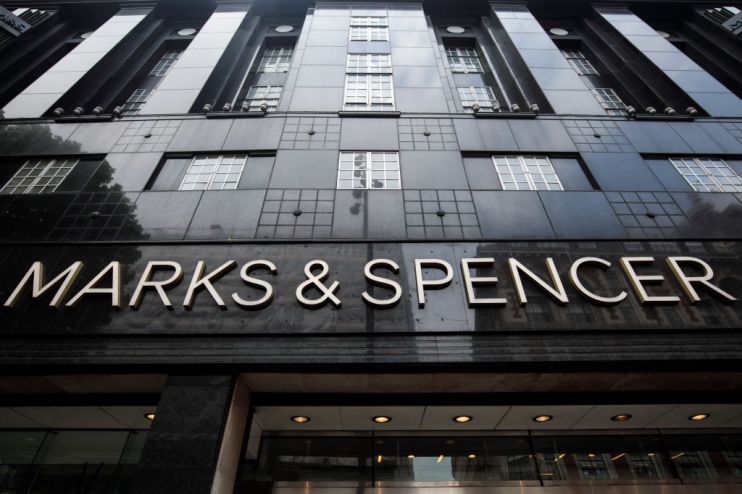Rowe has earned his money with the turnaround of Marks and Spencer

Steve Rowe’s pay packet as he departs Marks and Spencer is, unsurprisingly, the subject of plenty of commentary. He’s walking into the sunset with £2.6m for his last year of work, a sum that set against an ongoing cost-of-living crisis in the rest of the economy will always raise eyebrows. Yet Rowe has earned every pound and penny of it.
When he took the reins six years ago, M&S had an identity crisis. Distinctly overweight, it couldn’t decide whether it was a food retailer, a clothes retailer or both, nor had it remotely cracked the online world. His first call with analysts – in which he said “consumer confidence has dipped, the clothing market is flat, online sales have slowed and there’s deflation in the food market” – was hardly reason for optimism.
Yet as he walks away from the retailer, his focus on “Mrs M&S” appears to have worked. Pre-tax profit last year of just shy of £400m is testament to the growth path Marks and Sparks is now on. In short, the Millwall fan who started his career on the shopfloor at M&S in Croydon, has done his job. British businesses are in their best shape when they reward strong performance.
The question now is where his successors take the business. The bonus pot – a cool £15m for the firm’s top three bosses – is certainly eye-catching.
However they fare, it is hard to imagine any of them overseeing a worse few months than JD Sports. The sportswear retailer which quietly became a global phenomenon in the past decade is now the subject of its second ticking off from the competition watchdog in a few months, and its internal governance being rightly questioned after its erstwhile CEO Peter Cowgill left with no notice whatsoever after almost two decades at the top.
A fortnight ago the firm said the “process to recruit a chief executive officer remains ongoing.” Some may find the challenge appealing. After all, turning that ship around would be worthy of a tidy bonus.
